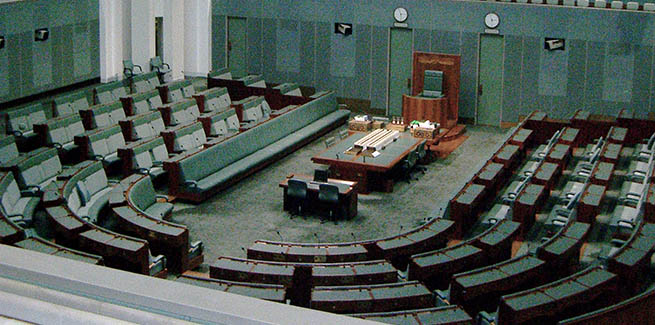On Monday (15 March), the National Consumer Credit Protection Amendment (Supporting Economic Recovery) Bill 2020 – which focuses on amending the credit laws so that they remove responsible lending obligations (RLOs) and extend the best interests duty to more credit assistance providers, among other changes – was debated in Parliament during its second and third reading.
The debates, held in the Houses of Parliament, followed on from the release of the Senate economics legislation committee final report for its inquiry into the matter on Friday (12 March), which recommended that the bill be passed.
While the bill was eventually read for a third time (passing the House of Representatives), MPs remain divided on the contentious bill, with Liberal and National politicians in support of the repeal, arguing it will speed up lending decisions and help support economic growth, while the crossbenchers warned that the repeal would reduce consumer protections and go against the recommendations of the banking royal commission.
A swarm of Labor politicians recounted the concerns of consumer groups and highlighted case studies relating to vulnerable borrowers who had ended up in financial difficulty.
Labor member for Gilmore, Fiona Philips MP, commented: “Without these laws in place, there is no deterrent for lenders to give loans to people in precarious financial situations. There will not be adequate avenues for consumers to take action when a lender has acted against their obligations.”
Labor MP Andrew Leigh, Member for Fenner, echoed this sentiment, stating: “The real risk is that we change the incentives for lenders: we remove or weaken penalties for breaching safe lending laws, and then we see an increase in irresponsible lending.”
The member for Adelaide, Labor MP Steve Georganas, noted that the changes proposed by the bill would “shift responsibility from where it is, with lenders, to the borrower”.
He suggested that “axing safe lending laws during a pandemic is extremely risky and would fuel an already overheating housing market”, adding: “Have we really learnt nothing from the global financial crisis? If people can easily get unaffordable loans, because of the changes, it will have dire consequences in the future.”
Member for Burt, Matt Keogh, berated the government for changing the NCCP given that recommendation 1.1 of the banking royal commission was that the NCCP Act “should not be amended to alter the obligation to assess unsuitability”.
“Two years after we got this recommendation from the royal commission, the government is now legislating the opposite thing to what that royal commission recommended,” he said.
Speaking in defence, Liberal MP for Sturt, James Stevens, retorted: “[T]he flow of credit in our economy is vital for economic growth: getting capital through the arteries, the veins of the economy to the businesses and the households that need it. If we’re a society that doesn’t support people being able to borrow money, then we’re limited to our equity capacity.”
He continued: “Banks will continue to be regulated by APRA… and new lending standards for non-bank lenders will be introduced that will maintain consumer protections while reducing the compliance burden for both lenders and borrowers.”
Mr Stevens later stated: “This is about making sure we get the balance right between protecting vulnerable people and ensuring that credit is flowing to the maximum capability, safely and fairly, within a rules-based structure, so that we’ve got mature financial markets that are supporting businesses to grow and create jobs.”
Following several divisions, the bill was read a third time on Monday evening.
The bill will now continue through Senate.
[Related: Senate inquiry recommends RLO repeal]
